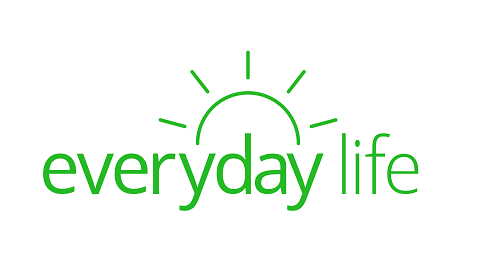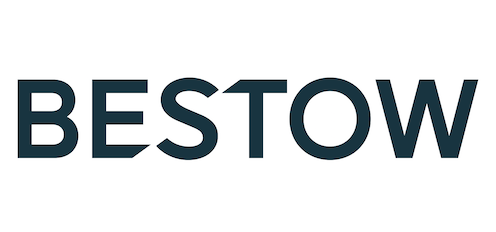No, your beneficiary receives only the face value of the policy; however, there are limited exceptions. For example, some insurers offer a rider that gives your beneficiary the face value plus cash value. But, if you did have this option, you’d likely know about it because you’d be paying extra for it. Check your policy to be sure, or call your insurance agent.
Whole life is a type of permanent life insurance, which, as you know, includes a cash account that gradually grows in value over time. Term life covers the policyholder for a certain period, such as 10, 15 or 20 years, but does not feature a cash account.
You can borrow against the cash value in your whole life insurance policy, or even withdraw it. But if you don’t repay the loan, plus interest, the death benefit of the policy will be reduced—the extent of that reduction depends on the policy. In traditional whole life policies, the death benefit can be reduced by more than the amount of cash you withdraw.
Once the cash value has reached a certain level, you can use it to pay premiums to keep the policy in force. This is known as being “paid up.”
Cash value is an attractive feature, but unless you have a special rider on the policy, it’s for the benefit of the policy owner, not the beneficiary.
For more, see cash value in life insurance: What’s it worth to you?







